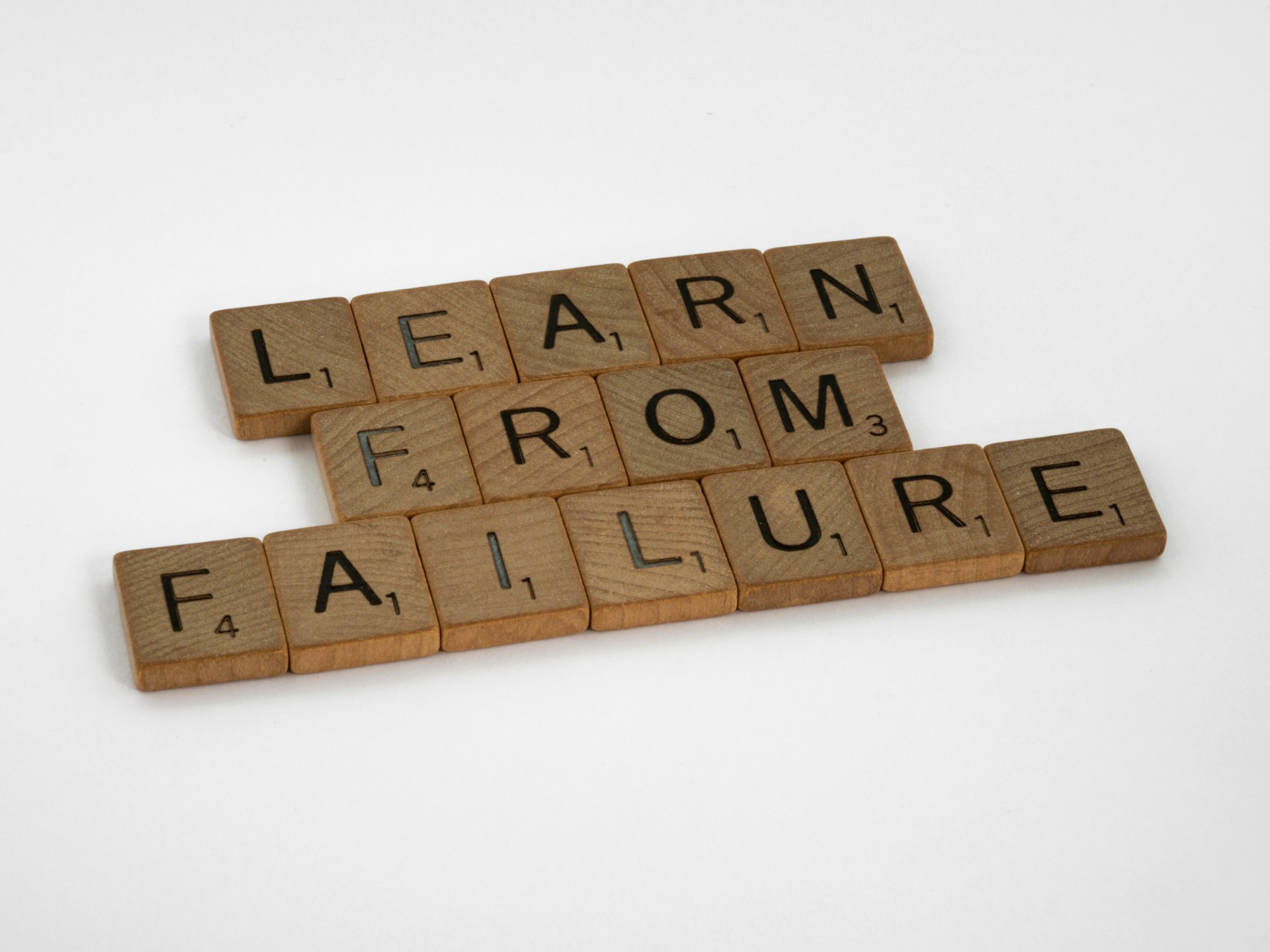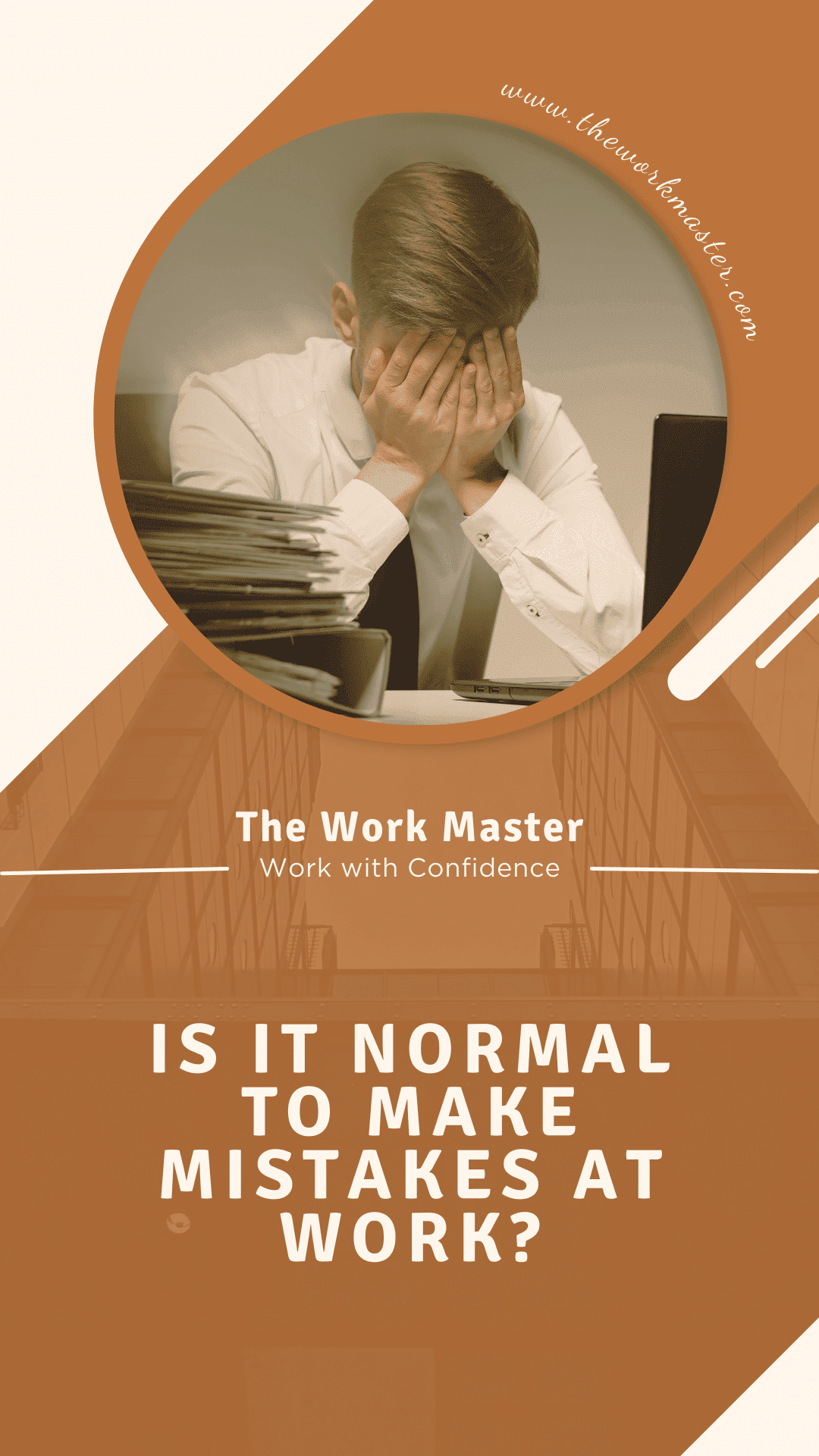Прочети на Български ==> Read in English (US)
Let's dive into a topic we've all encountered: Is it normal to make mistakes at work?
It is a universal experience that isn't great, but it is a chance for better development and perfection.
In this article, we are going to discover why workplace errors occur, why it matters that we strive to get things right the first time, and some helpful techniques for managing errors.
Why We Make Mistakes at Work: Causes and Possible Solutions
Mistakes often arise due to a combination of factors. While it might not be always clear what the exact cause is, you can use the list to refer to the most common reasons and analyze your situation.
1. Stress
Accumulation of stress in high quantities can interfere with cognitive processes, including mistakes of choice and decision-making.
If we're faced with deadlines and multiple tasks to handle, our ability to concentrate and solve problems is likely to be hampered.
2. Fatigue
Non-stop work with lacking in rest can cause both psychological and physical fatigue.
It is much harder to concentrate, and to be attentive to the detail while fatigue is present, and, thus, people may get tired and distracted more easily even at their routine work.
3. Distractions
In the world of work which is characterised by nowadays rapid changes, distractions are everywhere.
Are we in the middle of our work, and an incoming email, notification, or a colleague is talking, all of that can distract us, and it becomes difficult to maintain our focus on the task at hand.
4. Lack of Training
A sense of inability to complete tasks properly may occur in a particular field in the absence of sufficient knowledge or training.
When we are not aware of which steps to take or how to do something, we are more likely to make a mistake or omit crucial information.
How high should the Accuracy be?
Striving for accuracy is essential for several reasons.
Quality Output
Achieving precision guarantees that the task in hand meets or exceeds the standards that have already been set.
We provide a consistently high level of performance which in turn builds up our reputation for professionalism and competence.
Client Satisfaction
Clients are our everything and we work to make sure that we deliver the best work to them.
The work of meeting or even exceeding the expectations of customers establishes trust and creates long-term relationships, which are the fundamental elements for any company or organization to remain competitive.
Risk Management
Errors could lead to a wide range of consequences, including losses of funds or damage to brand image.
Being accurate reduces the likelihood of errors, as a result, we avoid potential risks and liabilities which in turn contributes to the protection of the interests of the organization and its stakeholders.
How to Overcome Stress Related to Work Mistakes
The only man who never makes mistakes is the man who never does anything.
Managing stress effectively is essential for maintaining productivity and well-being.
Self-Care
One of the best ways to combat stress is to include stress-relieving activities in your daily routine. These could be casual exercises, mindfulness meditation, or spending time outdoors.
Through self-care, you can ensure that you are in good physical and mental health, and this will help you better manage workplace stress.
Time Management
Plan your day by tasks prioritizing and time management to avoid the rush from tight deadlines.
Smaller tasks derived from larger projects and reasonable goals for every step of the way can help you complete the task.
Seek Support
If in doubt, don't hesitate to contact your colleagues, boss, or internal support to receive assistance or guidance.
The fact is that sometimes just sharing your struggles with someone else can be a great source of strength and objectivity.
Difference in Dealing with Mistakes in Remote Work vs. Office Jobs
The approach to handling mistakes may vary depending on whether you're working remotely or in a traditional office environment:
Remote Work
Although a remote job gives you freedom and independence, on the other hand, it demands greater control over error detection and correction.
With supervisors and their colleagues not around the corner, remote workers must be willing to work by themselves to find and correct errors.
Office Jobs
Offices provide a face-to-face setting where it is possible to get feedback and assistance from colleagues and supervisors without much delay.
Collaboration and communication in fixing mistakes are a must to make sure that we can resolve problems and learn from mistakes.
How to Be Consistent in Work Performance
Consistency is essential for maintaining high-performance levels over time.
Set Clear Goals
Set up objectives for yourself and your team that are clear, and measurable, and track the progress to ensure accomplishment.
Clearly stated goals give direction and stimulate, so that every member of a team will work towards a single target.
Prioritize Tasks
Identify the top tasks and put proper time and resource allocation in place.
By starting with the most dominant objectives, you can have the greatest impact and productivity, and the lowest risk of making errors and overlooking something important.
Stay Organized
Install a system to control the way you work so that you will be more efficient.
Tools like calendars, task lists, and project management apps will help you stay organized and focused.
Constantly monitor and modify your systems to stay relevant in the face of different priorities and schedules.
How to Avoid Unnecessary Mistakes in Work
Prevention is often the best approach to minimizing mistakes.
Stay Focused
The workplace should be arranged in a manner that blocks distractions and provides a conducive environment for work that will foster concentration and focus.
Take off the unnecessary alerts, shut down the tabs or windows you don’t need, and set aside certain times for checking emails and messages.
Review Work
Do not forget to proofread your work for mistakes and suggest edits after a thorough reading of the assignment.
Verify that all calculations are correct, eliminate any inaccurate information, and make sure that all the requirements are met.
You may, in addition, seek another colleague’s or your supervisor’s opinion on your work to get the other person's opinion, who has not probably worked on your writing and as such, catch errors that you may have overlooked.
Continuous Learning
Continuous education and competence development for the employees is the key to staying abreast of the latest industry trends and best practices.
Take part in trainings, workshops, and seminars, and ask for feedback from colleagues and mentors, so that you recognize what you need to work on and what direction you need to grow in.
How to Accept That Mistakes Are Normal
Embracing mistakes as learning opportunities is essential for personal and professional growth.
Reflect and Learn
Take time to analyze yourself and your mistakes, and find out their reasons.
What went wrong? What could you learn from the experience? Make mistakes as learning curves rather than relying on past failures as a reason to berate yourself.
Adaptability
Develop an attitude that could grow from difficulties and see errors as possibilities for growth.
Setbacks can be disappointing but you can instead, concentrate on the ways through which you can overcome them and improve in the future.
Seek Feedback
Q&A Section
① Why am I making a lot of mistakes at work?
② Why am I careless at work?
③ How do I stop obsessing over mistakes at work?
④ Should I quit if I keep making mistakes at work?
Final Thoughts
Grab our free hand-picked
list of remote jobs now!
*Includes 148 websites with multiple remote
job offers organized into 7 categories.
Bonus: You'll receive updates on new free resources as soon as they are live.
+ Best remote job recommendations and little-known freelancing hacks for time-saving.




Comments
Post a Comment